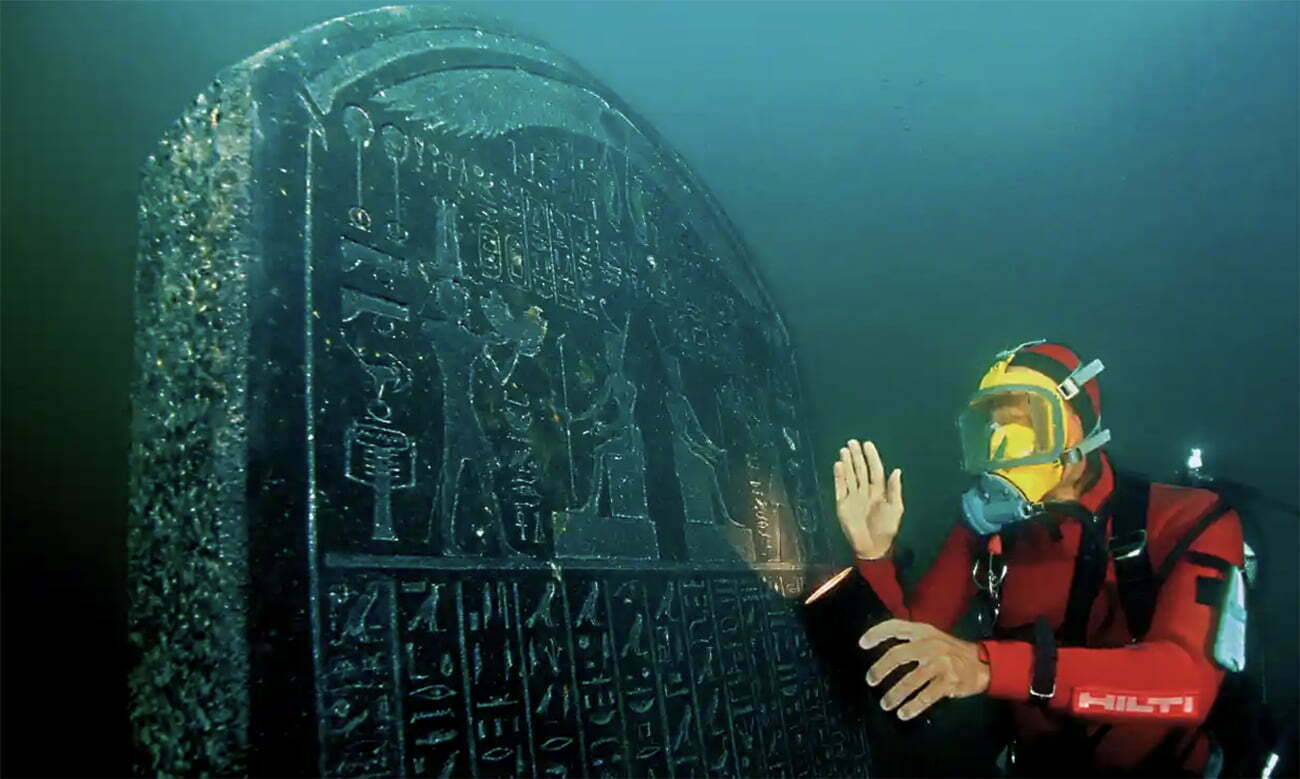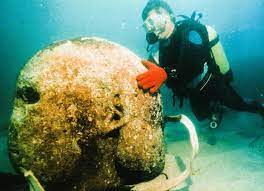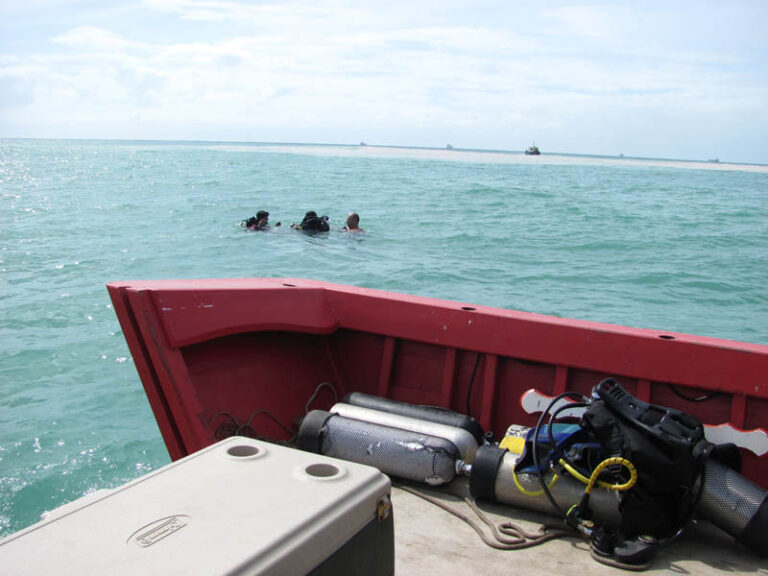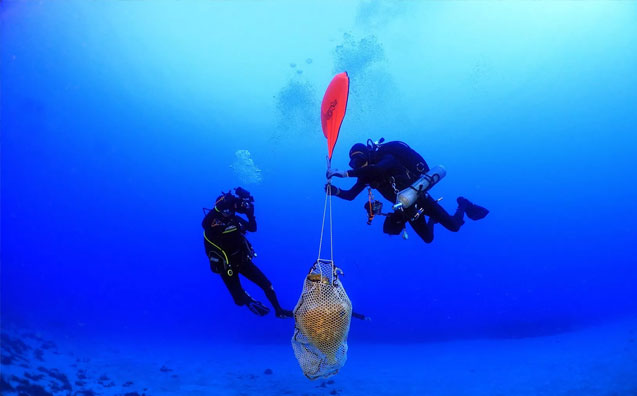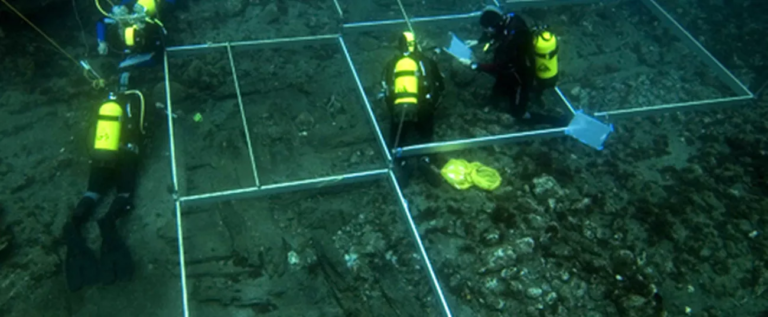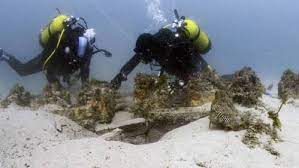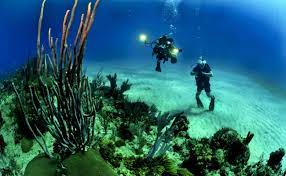How to Prepare for Recreational Diving and Archaeology
Recreational diving and archaeology are fascinating activities that allow individuals to explore the underwater world and uncover the secrets of the past. Recreational diving involves diving for pleasure or leisure, where individuals can admire the beauty of marine life and experience the thrill of being in an underwater environment. On the other hand, archaeology diving focuses on the exploration and preservation of historical artifacts and sites that are submerged underwater.
Proper preparation is crucial for both recreational diving and archaeological pursuits. Ensuring safety is of utmost importance, as diving can pose risks if not done correctly. It is vital to research and choose a reputable diving center or instructor that can provide proper training and guidance. Obtaining the necessary certification and training is also essential to ensure that divers have the knowledge and skills required for safe dives.
When it comes to recreational diving, preparing and checking diving equipment before each dive is imperative. This includes inspecting the diving gear such as masks, snorkels, regulators, and tanks to ensure their proper functioning. Additionally, it is crucial to familiarize oneself with local diving regulations and conditions. Understanding the different diving spots and their specific rules will help divers plan their dives more effectively, ensuring a safe and enjoyable experience.
Archaeological diving requires individuals to have a thorough understanding of the importance of preservation when it comes to underwater historical artifacts. This means learning about the techniques and methods used in underwater archaeology. Researchers should also take the time to research specific archaeological sites that interest them, gaining knowledge about the history and significance of these locations. Furthermore, being aware of relevant laws and regulations regarding underwater artifacts is crucial to avoid any legal issues and ensure the ethical preservation of historical objects.
In order to be physically prepared for both recreational diving and archaeological pursuits, individuals should focus on building strength, endurance, and stamina. Regular physical exercise, such as cardiovascular fitness training, strength training, and swimming, can greatly improve divers’ physical capabilities. Yoga or other flexibility exercises can also enhance divers’ range of motion, allowing them to move more efficiently underwater.
Lastly, mental preparation is essential for both diving and archaeology. Developing a positive and confident mindset towards these activities is important to overcome any fears or anxieties that may arise underwater. Learning relaxation techniques can help manage stress and anxiety while diving. Acquiring knowledge about the local marine life and underwater ecology will not only enhance the diving experience but also foster a deeper appreciation for the underwater environment. Additionally, cultivating a deep respect for historical artifacts and the underwater environment is crucial so that divers can contribute to the preservation of our underwater heritage.
In conclusion, proper preparation is vital for both recreational diving and archaeology. It ensures the safety and effectiveness of these activities. By taking the necessary steps to prepare physically, mentally, and through acquiring necessary knowledge and skills, individuals can have a safe and enjoyable experience while exploring the wonders of the underwater world and preserving our past.
Table of Contents
Safety Measures for Recreational Diving
When it comes to engaging in recreational diving, prioritizing safety should be your top concern. By following a set of essential safety measures, you can ensure a secure and enjoyable diving experience.
1. Research and choose a reputable diving center or instructor
Before embarking on your diving adventure, take the time to research and select a reliable diving center or instructor. This is crucial for obtaining proper guidance and training. Look for certifications and positive reviews to ensure you are learning from experienced professionals.
2. Ensure you have the necessary certification and training
Obtaining the necessary certifications and training is a fundamental step in preparing for recreational diving. Ensure you have completed the required courses and certifications, such as Open Water Diver or Advanced Open Water Diver, to enhance your skills and knowledge.
3. Prepare and check your diving equipment before each dive
Properly maintaining and inspecting your diving equipment is crucial for your safety underwater. Before each dive, thoroughly check your gear, including the regulator, buoyancy control device (BCD), and dive computer, to ensure everything is functioning properly.
4. Familiarize yourself with local diving regulations and conditions
Different diving locations may have specific regulations and conditions that you need to be aware of. Take the time to research and understand the local diving regulations, such as depth limits or protected areas, to ensure you adhere to the rules and protect the environment.
5. Plan your dives and create a dive log to track your progress
Planning your dives in advance is essential for a smooth and organized experience. Research the dive sites, consider factors such as depth, currents, and visibility, and create a dive plan accordingly. Additionally, keeping a dive log allows you to track your progress and note any important information about each dive.
6. Always dive with a buddy and practice effective communication underwater
One of the golden rules of diving is to never dive alone. Always dive with a buddy so you can watch out for each other and provide assistance if needed. Effective communication underwater is crucial, as it ensures clear understanding and minimizes the risk of accidents or misunderstandings. Practice hand signals and other communication techniques to ensure efficient communication while diving.
By following these safety measures for recreational diving, you can significantly minimize risks and enjoy a safe and rewarding experience exploring the wonders of the underwater world. Remember to always prioritize safety and continue learning and improving your skills as a diver.
Archaeological Diving Basics
Archaeological diving plays a vital role in preserving the rich history hidden beneath the waters. Understanding the significance of archaeological diving is crucial for anyone interested in exploring underwater heritage. By delving into the techniques and methods used in underwater archaeology, you can appreciate the meticulous efforts required to study and protect these historical artifacts.
To start your journey in archaeological diving, it is important to conduct thorough research. Learning about specific archaeological sites that catch your interest will not only enhance your understanding but also fuel your enthusiasm. Gather information about the historical significance, artifacts present, and any ongoing or past excavations at these sites.
Another aspect to consider is familiarizing yourself with the relevant laws and regulations surrounding underwater artifacts. Understand the legal framework and restrictions associated with preserving and documenting these historical treasures. By respecting these regulations, you contribute to the protection of underwater cultural heritage for future generations.
Getting involved in volunteer programs or joining archaeological diving projects is an excellent way to gain hands-on experience and contribute to the preservation of underwater history. Collaborating with professional archaeologists and fellow diving enthusiasts allows you to learn from their expertise and further develop your skills in excavation and artifact handling.
Remember, archaeological diving is not just about exploration; it’s about responsible and ethical practices. By immersing yourself in this captivating field, you become part of a community dedicated to uncovering and safeguarding our submerged past.
In conclusion, familiarize yourself with the basics of archaeological diving to fully appreciate its significance in preserving underwater history. Learn about techniques, research specific sites, and understand regulations associated with underwater artifacts. Taking part in volunteer programs or joining projects will not only further your knowledge but also foster a sense of responsibility in protecting our cultural heritage. Embrace this rewarding journey and ensure a safe and enjoyable experience for yourself and future generations.
Physical Conditioning and Stamina Building
Physical conditioning and stamina building are essential aspects of preparing for recreational diving and archaeology. These activities require a certain level of strength, endurance, and aquatic skills. By engaging in regular physical exercise, you can improve your cardiovascular fitness, which is crucial for underwater activities.
To prepare for the physical demands of diving, it is important to incorporate strength and endurance training into your fitness routine. This can include activities such as weightlifting, circuit training, or HIIT workouts. Building strength and endurance will not only enhance your diving performance but also help prevent muscle fatigue and injuries during underwater exploration.
In addition to strength and endurance training, practicing swimming and snorkeling is an effective way to build stamina and refine your aquatic skills. These activities help familiarize you with being in the water for extended periods and improve your overall comfort and confidence underwater.
To enhance your range of motion and flexibility, consider incorporating yoga or other flexibility exercises into your training regimen. Flexibility is important for maneuvering in tight spaces, navigating through underwater structures, and maintaining good body positioning during dives. Stretching exercises can also help reduce the risk of muscle strains and improve overall physical performance.
By focusing on physical conditioning and stamina building, you will be better prepared to handle the physical demands of diving and archaeological exploration. Regular exercise, strength and endurance training, swimming or snorkeling practice, and flexibility exercises will contribute to a safer and more enjoyable experience underwater. Remember to consult with a fitness professional or instructor to tailor your training program to your specific needs and abilities. With proper physical preparation, you can dive and explore archaeological sites with confidence and ease.
Mental Preparation for Diving and Archaeology
When it comes to diving and archaeological exploration, having a strong and positive mindset is crucial. Developing a positive and confident attitude towards these activities can greatly enhance your overall experience. The underwater world can be both exciting and challenging, so it’s important to approach it with a sense of adventure and openness.
Managing stress and anxiety is also essential for a successful and enjoyable dive. Learning relaxation techniques, such as controlled breathing and visualization exercises, can help calm the mind and body underwater. These techniques can be especially useful in dealing with any unexpected situations that may arise during your dive.
In addition to mental preparedness, acquiring knowledge about the local marine life and underwater ecology plays a significant role in enhancing your diving and archaeological experience. Understanding the different species of marine life you may encounter allows you to appreciate the underwater environment and its delicate balance even more. It also enables you to identify and observe marine creatures without disturbing their natural habitat.
Moreover, fostering a deep respect for historical artifacts and the underwater environment is essential for responsible diving and archaeological exploration. Divers have a unique opportunity to witness the remains of historical sites and artifacts that have been preserved underwater for centuries. It is important to treat these artifacts with care and respect, ensuring their preservation for future generations.
In conclusion, mental preparation for diving and archaeological pursuits is just as important as physical conditioning and safety measures. Developing a positive mindset, learning relaxation techniques, acquiring knowledge about marine life, and fostering a deep respect for historical artifacts and the underwater environment are all crucial elements of this preparation. By taking the necessary steps to prepare mentally, divers and archaeological enthusiasts can ensure a safe, fulfilling, and unforgettable experience.
Conclusion
Proper preparation is crucial when it comes to recreational diving and archaeological pursuits. The safety measures for recreational diving highlighted above should never be overlooked. Researching and choosing a reputable diving center or instructor, obtaining the necessary certification and training, and preparing and checking diving equipment before each dive are all essential steps to ensure a safe and enjoyable experience.
It is equally important to familiarize yourself with local diving regulations and conditions and to plan your dives accordingly. Creating a dive log to track your progress and always diving with a buddy while practicing effective communication underwater are additional safety measures that should not be ignored.
When it comes to archaeological diving, understanding the significance of preserving underwater history is fundamental. Learning about the techniques and methods used in underwater archaeology, researching specific archaeological sites, and familiarizing yourself with relevant laws and regulations regarding underwater artifacts are all crucial steps in this field.
Physical conditioning and stamina building are also important aspects to consider. Engaging in regular physical exercise to improve cardiovascular fitness, strength and endurance training to prepare for the physical demands of diving, and practicing swimming and snorkeling to build stamina and aquatic skills are all invaluable in ensuring a successful dive.
Mental preparation is not to be overlooked either. Developing a positive and confident mindset towards diving and archaeological exploration, learning relaxation techniques to manage stress and anxiety underwater, and acquiring knowledge about the local marine life and underwater ecology are all essential components of a well-prepared diver.
In conclusion, it is imperative to emphasize the importance of proper preparation for recreational diving and archaeological pursuits. By taking the necessary steps, such as the ones outlined in this post, divers can ensure a safe and enjoyable experience while exploring the wonders of the underwater world and preserving our rich historical heritage. So, dive in with confidence, respect, and preparation, and let the underwater adventures begin!

